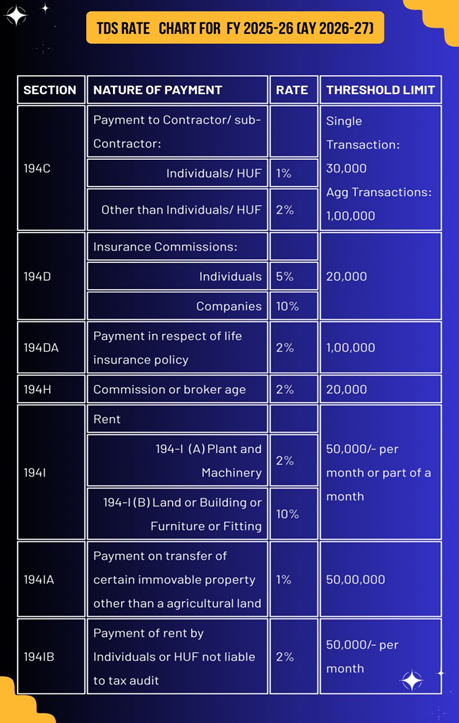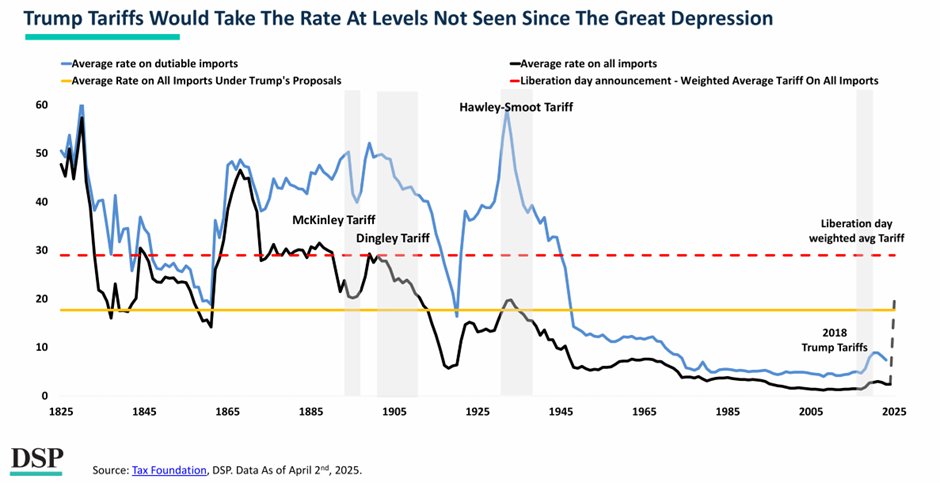CAGR Insights is a weekly newsletter full of insights from around the world of the web.

Chart Ki Baat

Gyaan Ki Baat
The Hidden Cost of Quick Wins: Why Skill Alone Isn’t Enough
India is hooked.
From living rooms to local trains, over 130 million people are glued to fantasy sports apps like Dream11 every day. These platforms raked in ₹6,400 crore in FY23—and that’s not even the full picture.
So, what’s driving this craze?
At the heart of it is something deeply human: our love for risk and the rush of a quick win. It’s the same thrill that’s pulling an ever-growing crowd into the high-stakes world of Futures & Options (F&O) trading. Because, hey—if you can turn a few hundred into a few thousand before lunch, why not?
Here’s why not.
Just like the flashy lights of a casino, both fantasy sports and F&O trading are brilliantly designed so the house always wins. Fantasy platforms skim a cut off every contest. In F&O, it’s even grimmer: SEBI reports 9 out of 10 retail traders lose money—usually to the brokers and institutional bigwigs who never play fair.
Both are paraded as “games of skill,” convincing users that with enough stats, strategy, or stock tips, they’ll beat the system. But for most, this belief is just a well-packaged illusion.
Think about it. You could spend hours analyzing cricket form or reading market trends… only to walk away poorer and more stressed. Meanwhile, those hours could’ve gone into leveling up your career, launching a side hustle, or building a rock-solid investment portfolio.
But here’s the kicker: the urge to gamble isn’t the enemy.
It’s natural—a leftover from our evolutionary wiring that once helped us survive. The real game? Learning to manage it.
Smart investors don’t pretend they’re above the thrill. They set aside a “fun money” fund—just enough to scratch the itch without bleeding their savings. The rest? They park it in boring, long-term, evidence-backed investments that quietly snowball over time.
And let’s not forget: fantasy gaming might burn a few hundred, but F&O trading? Thanks to leverage, it can wipe out multiples of your initial investment—sometimes overnight.
Thankfully, some fintech startups are catching on. They’re offering fantasy stock trading apps where you can test your chops without risking real cash. It’s like learning to drive in a simulator before hitting the highway. A small but solid step in the right direction.
As the legendary Charlie Munger said:
“The first rule of compounding is never to interrupt it unnecessarily.”
Bottom line?
Whether it’s cricket or capital markets, when you play their game, the house always wins.
The real winners? They know when to step off the table—and let their wealth do its thing, growing quietly in the background.
Personal Finance
- Soon, you can withdraw up to Rs 5 lakh from EPFO account without manual verification: With an increase in the auto-settlement limit, the members would be able to automatically withdraw up to Rs 5 lakh instantly. At present, members had to wait for manual verification for advance withdrawal of amounts above Rs 1 lakh. Read here
- How to spot a genuine Sebi-registered financial advisor and avoid scams: India has seen a rise in investment scams, especially targeting the elderly. To stay safe, always verify a Sebi-registered adviser, insist on a signed Letter of Engagement, avoid “guaranteed returns,” and never transfer money—RIAs offer advice, not transactions. Read here
Warren Buffett has a record amount of cash on the sidelines. Here’s how experts recommend balancing saving and investing: Warren Buffett’s $334B cash stash has everyone talking—but should you follow his lead? Experts say hoarding cash may hurt your returns. Discover why a smart 60/40 portfolio wins long-term and the right way to balance cash and investments! Read here
Investing
- Sebi’s rule regarding NAV of overnight funds to come into effect on June 1: Markets regulator Sebi has carried out a change in cut-off timings to determine applicable net assets value (NAV) with respect to repurchase or redemption of units in overnight mutual funds.Read here
Give Now, Not Later: Most people would rather receive $250k at 30 than $1M at 50—because timing matters more than totals. This thought-provoking piece challenges traditional inheritance norms and explores smarter ways to give. Curious why? Click to rethink when—and how—you pass on wealth. Read here
Economy & Sector
- Indian economy less vulnerable to global headwinds, says cenbank: India’s economy remains resilient amid global uncertainty, thanks to strong domestic demand, low inflation, and robust fundamentals. With opportunities from global supply chain shifts and FDI inflows, India could turn turbulence into triumph. Click to see why RBI is optimistic! Read here
- IMF cuts India view cautions against global de-integration: India’s economy remains resilient amid global uncertainty, thanks to strong domestic demand, low inflation, and robust fundamentals. With opportunities from global supply chain shifts and FDI inflows, India could turn turbulence into triumph. Click to see why RBI is optimistic! Read here
- India lifts 17 crores out of poverty, employment growth outpaces population: World Bank: In its report titled India Poverty and Equity Brief, the multilateral agency said that extreme poverty—defined as living on less than $2.15 per day—fell to 2.3 per cent of the population in 2022–23, down from 16.2 per cent in 2011–12. Read here
Check out CAGRwealth smallcase portfolios
Our smallcase portfolios are ranking well in the smallcase universe in terms of 1-year returns.
• CFF (launched in June 2022) – Ranked 1st amongst smallcase with medium volatility.
• CVM (launched in May 2022) – Ranked among Top 20 across the Momentum smallcase universe.
Do check it out here
****
That’s it from our side. Have a great weekend ahead!
If you have any feedback that you would like to share, simply reply to this email.
The content of this newsletter is not an offer to sell or the solicitation of an offer to buy any security in any jurisdiction. The content is distributed for informational purposes only and should not be construed as investment advice or a recommendation to sell or buy any security or other investment or undertake any investment strategy. There are no warranties, expressed or implied, as to the accuracy, completeness, or results obtained from any information outlined in this newsletter unless mentioned explicitly. The writer may have positions in and may, from time to time, make purchases or sales of the securities or other investments discussed or evaluated in this newsletter.






